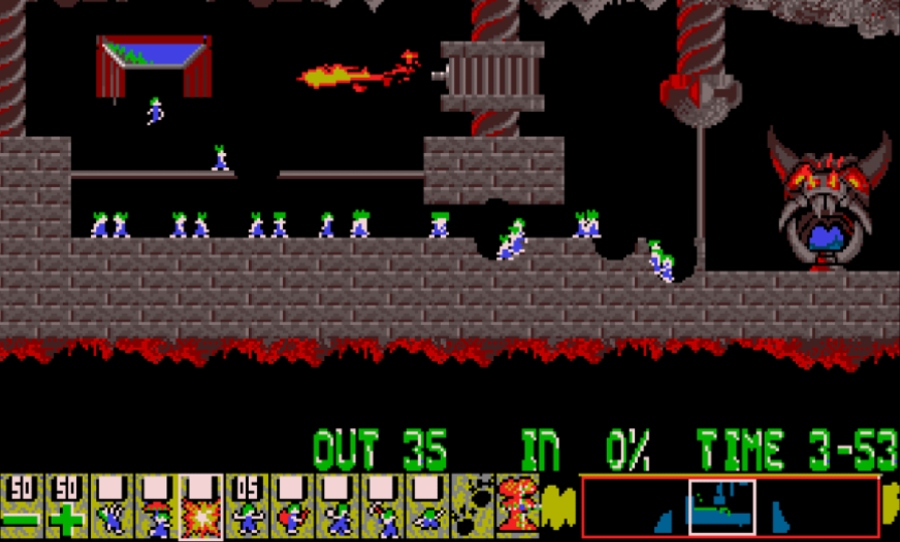Remember Lemmings? The adorable green-haired critters with an unquenchable thirst for self-destruction? Despite their best attempts to die young, they are about to turn 30 years old – and we are getting a documentary to celebrate.
Lemmings helped to define a generation of video games. Its unique combination of puzzles, creative problem solving, and time management made it enormously popular in its heyday. Despite this popularity, it is too often overlooked in terms of its influence and innovation.
Originally released in 1991, Lemmings was the work of Scottish developers DMA Designs. The game, and its subsequent success, helped to establish Britain as a competitive player in the video game industry, which at the time was becoming increasingly American in terms of tone.

The player’s main objective in Lemmings is to shepherd a group of the titular creatures to safety. Focusing on clever gameplay mechanics and dark humour over flashy action, Lemmings possesses an undeniably British sense of charm – who else would craft a child-friendly game around the suicidal march of a bunch of cute, humanoid animals?
While no longer the phenomenon that it once was, Lemmings has relatively recently been resurrected by Exient Publishing. Now available as a free-to-play mobile experience, the game allows players to indulge their nostalgia at their own convenience.
In a recent press release Exient Publishing’s Jamie Wotton explained, “It’s a game that has touched the hearts of so many fans, old and new, so with the documentary we want to give them something special in recognition of the impact Lemmings has had on global games and games culture.”
The upcoming documentary Lemmings: Can You Dig It?, which was organised to celebrate the 30th birthday of the first instalment in the series, doesn’t currently have a release date more concrete than “coming soon”. However, considering that the original Lemmings came out in February 1991, they better hurry up as they are already six months late.
And if there’s one thing I remember about Lemmings, it’s that they respond to tardiness in much the same way they respond to everything else: by exploding.



